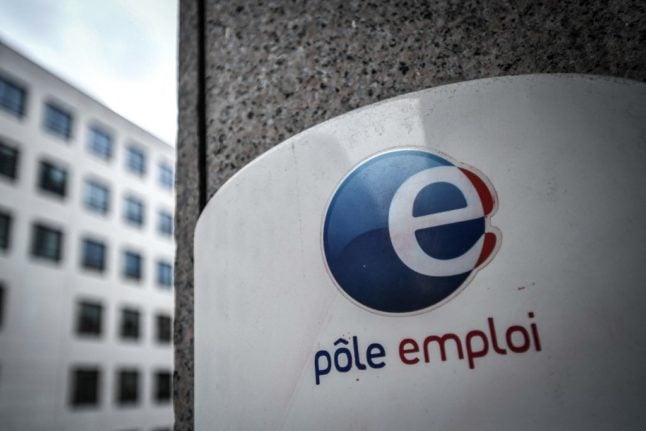France’s social welfare system is well-known for its generosity, but maybe this goes a little too far? One ‘Pole Emploi’ (job centre) near Paris has reached an unusual settlement with a local jobseeker, who owed them €2,648.
“You expressed a desire for an extension on paying back the sum of €2,648.59, which you were mistakenly paid,” the Saint-Ouen Pole Emploi said in a letter quoted by French daily Le Parisien on Friday.
“After examining your file, we have decided to recoup this amount in instalments of €0.01 per month, until the extinction of your debt,” added the letter, dated April 17th.
At a payment rate of 12 cents per year, the jobseeker in question would finally reimburse her debt in just under 22,072 years.
If the jobseeker in question were to live and continue paying back her debt for another 80 years, under the schedule devised by the Pôle Emploi, she would end up shelling out a grand total of €9.60 – 0.36 percent of what she owes.
Mistakes on the part of Pole Emploi centres in France result in the overpayment of millions of euros in unemployment benefits every year.
According to Le Parisien, at the end of January a total of around €300 million in erroneous overpayments still had not been recouped by the state.
Perhaps now we know why.



 Please whitelist us to continue reading.
Please whitelist us to continue reading.
Member comments